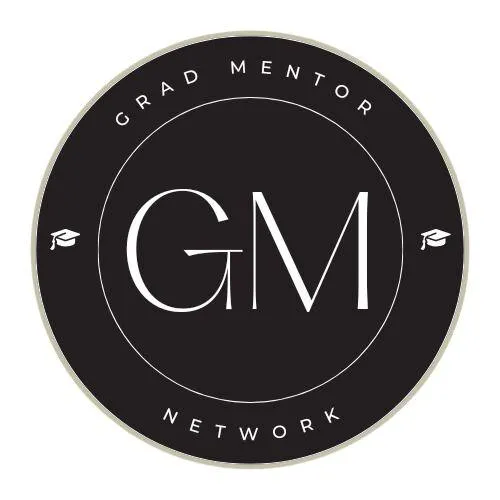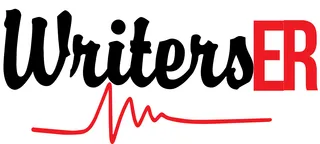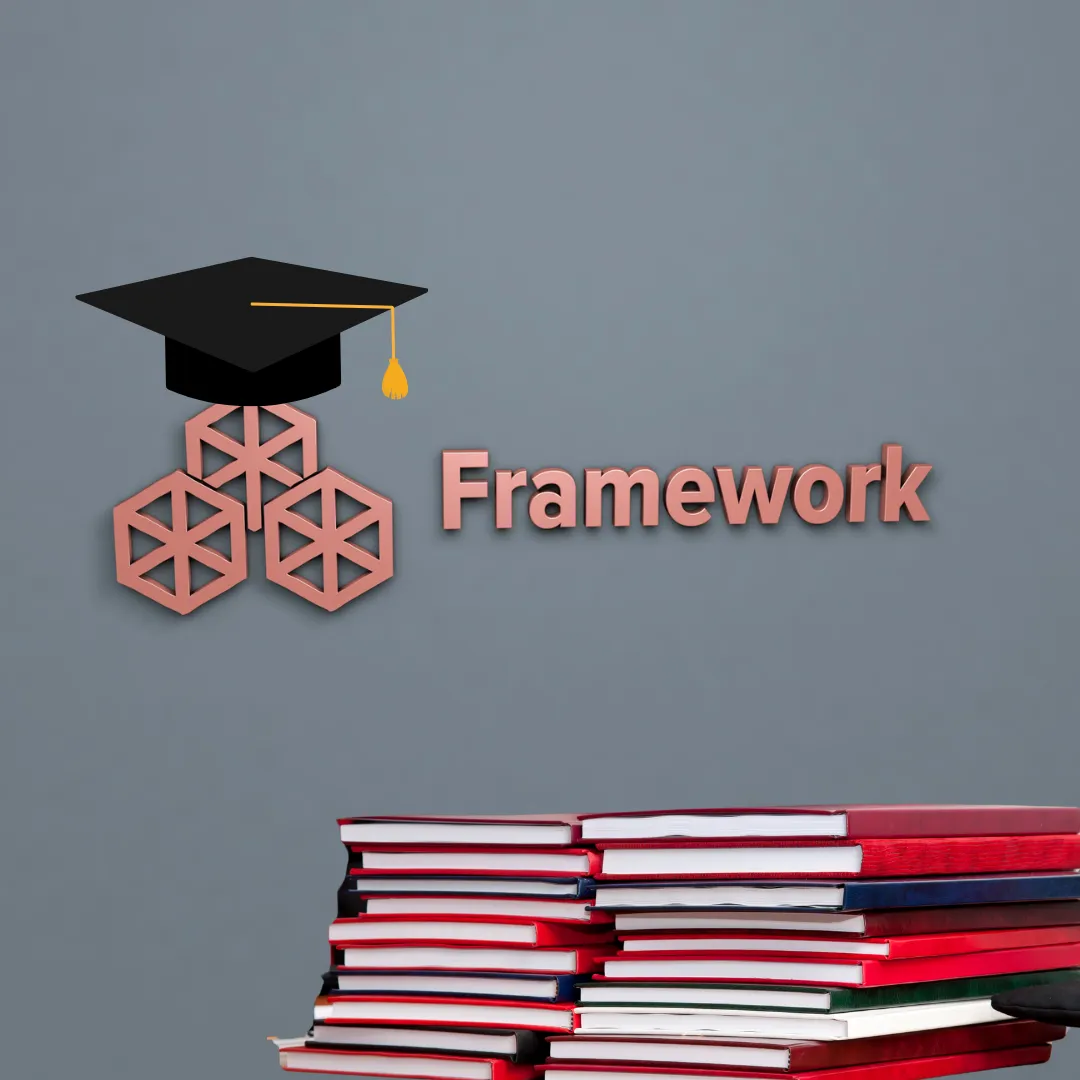

Welcome to the Grad Mentor Network
Unlock Your Academic Potential with Our Exclusive Membership Plans

WHO WE ARE
Unlock Success with Tailored Academic Support
At Grad Mentor Network, led by Dr. Robinson and showcased on renowned platforms such as "Dissertation in 90 Days" and "Club 3E," we offer a comprehensive support system for graduate and doctoral students. Leveraging the expertise of WritersER, which helps master's and PhD candidates achieve approval in six months or less, and our Grad Bootcamps, designed to help students navigate the complexities of academia through bootcamps, our programs are meticulously crafted to support you through every stage of your academic journey. Subscribe today and unlock access to an extensive array of resources, expert guidance, and a supportive community tailored specifically to your academic needs.


Mentoring
Personalized guidance from experts, including Dr. Robinson, to help members navigate their academic journey effectively.

Resources
Access to a comprehensive library of study guides, templates, and specialized training materials tailored for graduate and doctoral studies.

Community
Connection to a private online network where members can interact, share experiences, and support each other through their academic challenges.
Tier 1:
Essential Support - $19/month
Podcasts
Tune in to five weekly podcast episodes packed with strategies for dissertation success, effective time management, research methodologies, and tackling graduate challenges.
Community Access
Join our exclusive online community to connect with peers, share your journey, and find support from fellow students.
Newsletters
Receive five weekly newsletters filled with actionable advice, insightful tips, and motivational content designed specifically for graduate and doctoral students.
Live Q&A Sessions
Engage in our monthly live Q&A sessions with Dr. Robinson and other field experts, designed to answer your burning questions and provide personalized guidance.
Tier 2:
Advanced Support - $49/month
(Includes Tier 1)
GradCoach.io App Access Coming Soon
Get tailored training covering everything from proposal writing to thesis defense, exclusively designed for PhD and Master's students.
Weekly Live Training
Participate in live interactive sessions that delve into essential aspects of the academic journey, offering real-time feedback and personalized advice.
Resource Library
Study guides, templates, and essential research tools sent to your email.
Exclusive Discounts
Enjoy special discounts on Grad Mentor Network-branded merchandise and academic tools.
Digital Calendar
Start each month with a new, beautifully designed digital calendar wallpaper.
Tier 3:
Premium Support - $79/month
(Includes Tiers 1 and 2)
Dissertation Tools
Access downloadable exercises and worksheets tailored for each phase of your dissertation, keeping you organized and on track.
Monthly Digital Product
Receive a new digital product each month, such as e-books, specialized training videos, or unique templates.
Monthly Mastermind Sessions
Join small group mastermind sessions that focus on specific academic challenges, offering tailored solutions and peer support
One-on-One Mentoring
Benefit from two personal mentoring sessions per month, providing you with expert guidance tailored to your individual needs.
Priority Support and Exclusive Content
Enjoy priority email support and behind-the-scenes looks at training sessions and upcoming projects.
Personalized Editing Support (10 Pages per month)
Receive tailored editing assistance for up to 10 pages each month, ensuring your content is polished and professionally refined to meet your specific needs.
Tier 4:
Exclusive Support - $99/month
(Includes Tiers 1, 2, and 3)
Recognition and Thanks
Be acknowledged by name in all new podcast episodes and video descriptions.
Specialized Webinars
Gain access to exclusive webinars discussing advanced topics like grant writing and career planning in academia.
Personalized Feedback
Receive detailed feedback on your dissertation chapters or research papers from Dr. Robinson or a senior mentor.
Networking Opportunities
Get invitations to virtual networking events with alumni and professionals across various academic fields.
Unique Merchandise
Claim exclusive Grad Mentor Network merchandise not available to other tiers.
Personalized Editing Support (15 Pages per month)
Get customized editing support for up to 15 pages monthly, enhancing clarity, style, and accuracy according to your unique requirements.
Tier 5:
Ultimate Support - $109/month
(Includes Tiers 1, 2, 3, and 4)
Social Media Recognition
Receive a monthly shoutout by name on our social media platforms and YouTube community tab.
On-Screen Credits
Enjoy on-screen recognition as a co-sponsor in every episode of our podcasts and training videos.
VIP Access
Get exclusive tickets to VIP events and workshops, designed to elevate your academic and professional connections.
Advanced Mastermind Sessions
Engage in weekly advanced mastermind sessions with high-achieving peers and field experts.
Exclusive Content Feed
Dive into an exclusive content feed filled with behind-the-scenes updates, additional resources, and more.
Free Books
Enjoy a free book every month from the Doctoral Chronicles Series or authored by Dr. Robinson, up to 12 books a year.
Resources

Coaching and Editing Support for your Dissertation

Books, Newsletters and Podcasts

Bootcamps

TAKING A FRESH LOOK
Membership Tiers
Tier 1
1 Month Essential Support
$19
Weekly Podcasts
Motivational Newsletters
Private Community
Monthly Q&A
Tier 2
1 Month Advanced Support
$49
Tier 1
App Access
Live Training
Resource Library
Merchandise Discounts
Tier 3
1 Month Premium Support
$79
Tier 1 & 2
Dissertation Tools
Digital Products
Bi-Weekly Mastermind
One-on-One Mentoring
Tier 4
1 Month Exclusive Support
$99
Tier 1, 2 & 3
Name Recognition
Specialized Webinars
Personalized Feedback
Networking Events
Tier 5
1 Month Ultimate Support
$109
Tier 1, 2, 3 & 4
Social Media Shoutout
On-Screen Credits
VIP Event Access
Advanced Mastermind
Resource Milestones
Expansive Collection of Guides, Templates, and Training Materials

5,000+
Downloads Achieved

1,200+
Resources Created

Recent Blogs

How to Develop a Conceptual Framework for Your Dissertation
How to Develop a Conceptual Framework for Your Dissertation
Introduction
A well-constructed conceptual framework serves as the foundation for your dissertation. It visually and conceptually organizes your research by showing relationships between variables, theories, and key concepts. For many graduate students, developing a conceptual framework can feel like navigating uncharted territory. This blog provides step-by-step guidance on creating a clear and effective conceptual framework that aligns with your research objectives.

1. Understand the Purpose of a Conceptual Framework
Before diving into development, it’s essential to understand why a conceptual framework is important.
Purpose:
Organizes Research: It maps out the variables and concepts central to your study.
Clarifies Relationships: Shows how different aspects of your research interact.
Guides Analysis: Provides a blueprint for data interpretation and analysis.
Tip: Think of your conceptual framework as the roadmap for your dissertation.
2. Define Your Research Variables
To build your framework, start by identifying the variables or concepts that are critical to your research.
Steps to Identify Variables:
Review your research questions and objectives.
Pinpoint independent variables (factors you manipulate or study) and dependent variables (outcomes).
Consider mediators or moderators that may influence relationships between variables.
Tip: Use academic literature to validate and define your chosen variables.
3. Explore Existing Theories
Incorporating established theories strengthens your framework and ties it to the broader academic field.
How to Incorporate Theories:
Identify theories relevant to your research area.
Link these theories to your variables to explain relationships.
Use a combination of complementary theories if needed.
Tip: Clearly cite all theories to demonstrate a thorough understanding of your field.
4. Create a Visual Representation
A visual model makes your conceptual framework easy to understand and serves as a quick reference.
Elements of a Strong Visual Model:
Variables as boxes or circles.
Relationships as arrows or lines (use directional arrows to show causation).
Clear labels for all components.
Tip: Use tools like Lucidchart, Canva, or PowerPoint to create professional diagrams.
5. Write a Narrative Explanation
Accompany your visual model with a written narrative that explains its components and structure.
Key Elements of the Narrative:
Describe each variable and its role in your research.
Explain relationships between variables and justify them using existing literature.
Discuss the relevance of any theories included in the framework.
Tip: Keep your explanation concise but thorough enough to demonstrate logical connections.
6. Align with Your Methodology
Your conceptual framework should directly inform your research methodology.
How to Ensure Alignment:
Use the framework to develop your hypotheses or propositions.
Base your data collection methods on the variables in your framework.
Let the framework guide your analysis by focusing on the relationships it outlines.
Tip: Review your methodology chapter to confirm that it supports your conceptual framework.
Conclusion
Developing a conceptual framework is a critical step in your dissertation journey. By organizing variables, integrating theories, and providing a clear visual model, you’ll create a framework that not only guides your research but also enhances its academic value.
Need help crafting a conceptual framework for your dissertation? WritersER offers expert coaching and resources to guide you through every stage of your research process. Click here to get started!
Begin Your Journey Today!
Embark on a transformative academic journey with Grad Mentor Network. Choose the membership tier that best suits your needs and become part of a network dedicated to your success. Subscribe now and take the first step towards unlocking your potential in the academic world.
